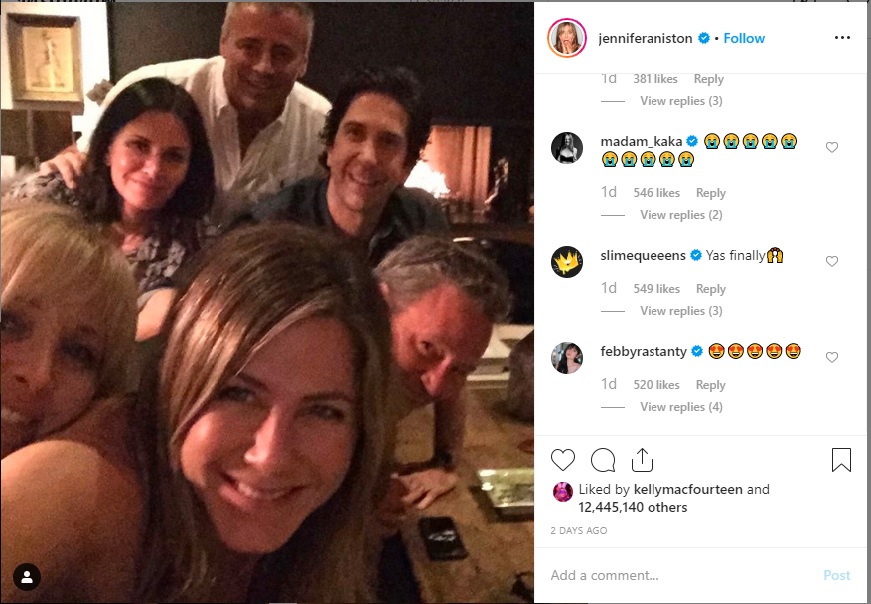My Blog’s Tone: When Does Analysis Become Too Harsh?
Today’s post is a bit of a departure from my usual content. Instead of focusing on media or presentation training, I’m going to focus on blogging itself – and let you in on a key question I’ve been reflecting upon lately.
I’ve been blogging for the past 21 months. As my traffic has grown, some of the stories I’ve written about certain people have landed at the top of keyword searches about them. I know through back channels that at least a few of the people I’ve written about have seen my posts. And that made me think about how I would feel if I ever met those people in person.
I’ve started feeling a nag that there have been times when a few of my posts have leapt from being a fair if tough critique to being gratuitously harsh.
I’m far from the first person to wrestle with the question of tone. And the most influential voice in my mind on this matter belongs to late night comedian Craig Ferguson. In 2007, when Britney Spears was exhibiting signs of mental illness, Craig Ferguson opened his show with one of the most thoughtful and sensitive monologues I’ve ever seen. It’s well worth watching.
Two stories I’ve written over the past year have become the fourth and sixth most popular ever on the blog. One was about White House Press Secretary Jay Carney; the other was about the former host of Simon Cowell’s X Factor, Steve Jones.
In hindsight, both articles make me cringe. It’s not that my criticisms were inaccurate, but rather that the tone of both articles was gratuitous. I’m primarily interested in analyzing the communications skills of public figures, not in launching personal attacks. I don’t mind some edge – a blog without a clear perspective is soporific – but sometimes, the fine line between “edgy” and “gratuitous” is indistinguishable.
For both articles, I wish I had moderated my tone more carefully and spent additional space discussing what both men could do better – and how they could do it.
That’s not to say I’m about to go soft. I like the old journalism adage that says our job is to comfort the afflicted and afflict the comfortable. If you look carefully, the targets I’m usually hardest on are the ones who make racist, homophobic, or misogynistic comments. They will continue to receive harsh treatment on this blog, as I have little patience for people who afflict the afflicted.
But for people who host music shows and other people who haven’t committed a grave offense? Sure, they’re public figures who are fair game for media analysis. But I’ll try not to allow that commentary to become gratuitous again.
I’m very interested in your thoughts. Please leave them in the comments section below.



Speaking as someone who is usually around the 10th or 11th guess on anything I write, I’d say you may be unjustly busting your own chops.
If I ever saw anything in your blog I had issues with, it would be your use of “soporific.” Who uses soporific? ;-D
You’re on target that analysis should be on the basis of actions, words and media relations ethics. And while it shouldn’t be a personal thing, those folks who put themselves in the public arena have to understand that tough analysis comes with the gig. To quote the great American television icon, Henry Cabot Henhouse III, “You knew the job was dangerous when you took it.”
Stepping back and reevaluating is always a smart move. But remember that part of analysis is calling it as you see it.
John,
Thanks for your feedback. I know this article is a bit of navel-gazing, but I’ve been speaking with my wife about this lately, and I thought, “you know, maybe I’ll just bring this up on the blog?” She had some good feedback as well, reminding me that sometimes you have to go past your limits to know what they are.
As for “soporific,” I apologize. I hope the word wasn’t sleep-inducing. 🙂
Thanks, as always, for reading and supporting the blog.
Brad
Interesting ideas here about fairness and criticism. I believe you stick to the basic tenants of ethical journalism, which says that public figures are fair game for criticism when it comes to the actions they are putting themselves in the limelight for. Look at sports and entertainment – those people take it on the chin all the time. If you were a sports columnist, you might have an obligation to write a column saying a losing coach should step down because it was right for the team, even though he and his family might feel bad reading the column. But on this blog, it’s not often that you say someone isn’t in the right job. In most cases (“media disasters”), you’re pointing out that they screwed up, and that can’t possibly come as news to the people in your video clips 🙂
Thanks, John. I know you’ve been reading for quite a while now, so I’m appreciative that you think I’ve been fair in my approach. Plus, I find your analogy to sports columnists helpful.
Thanks for reading and commenting,
Brad